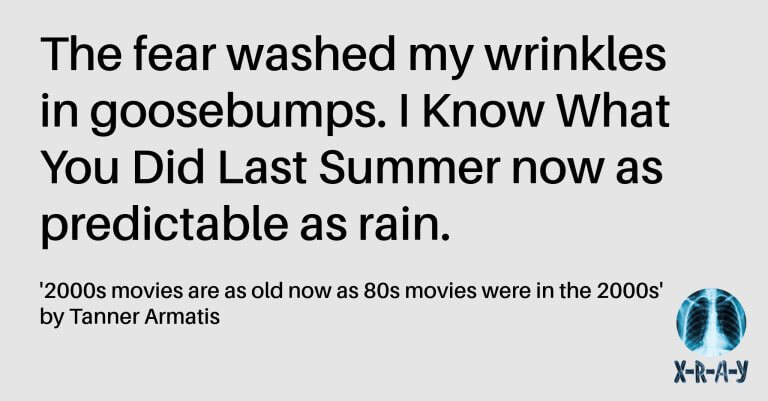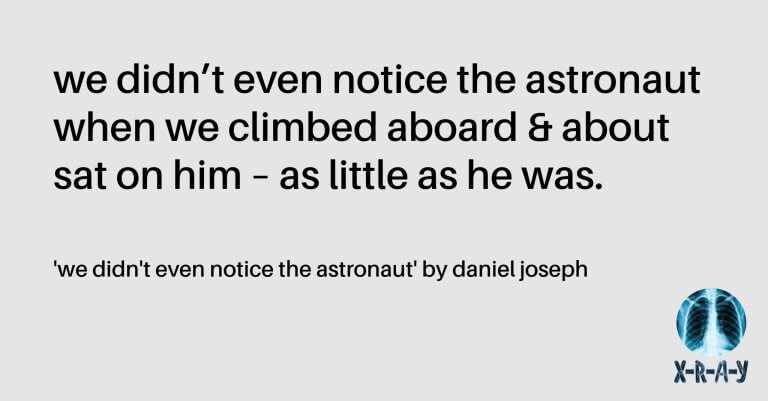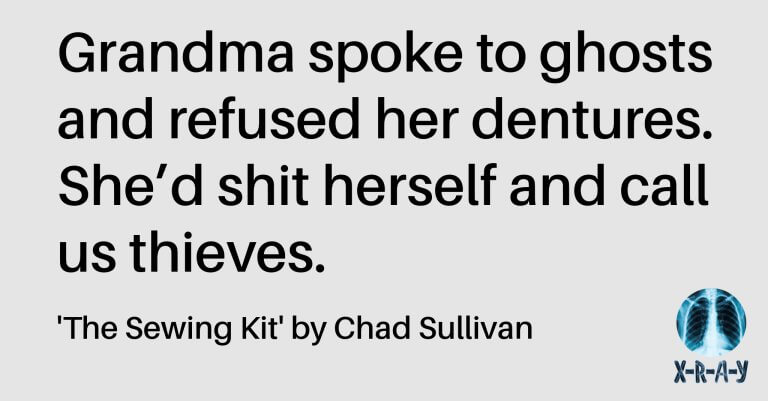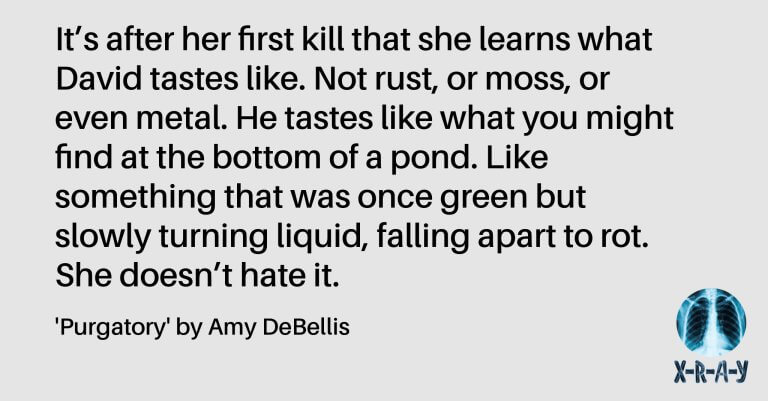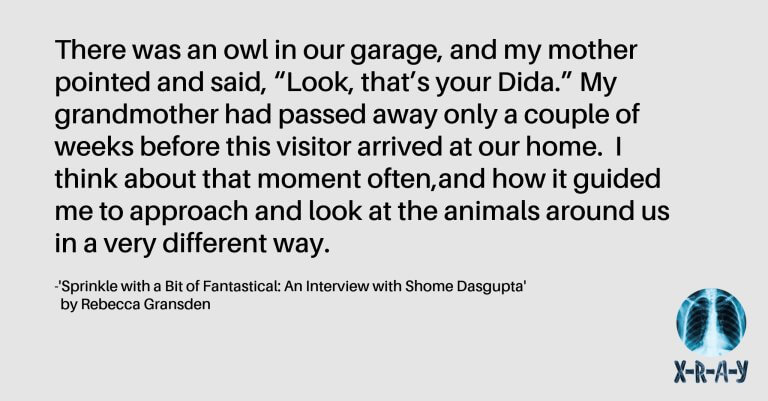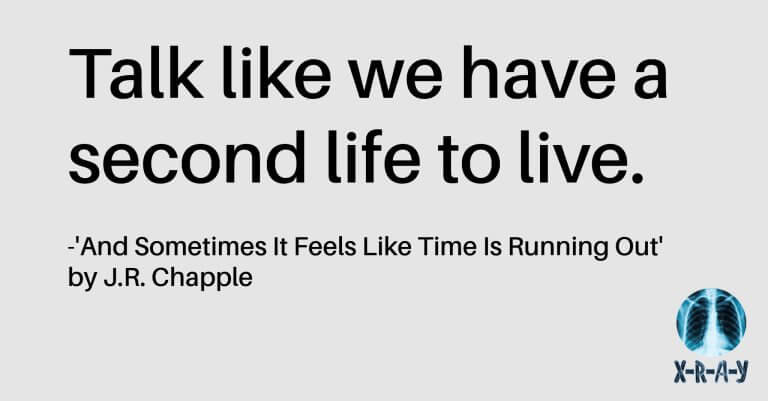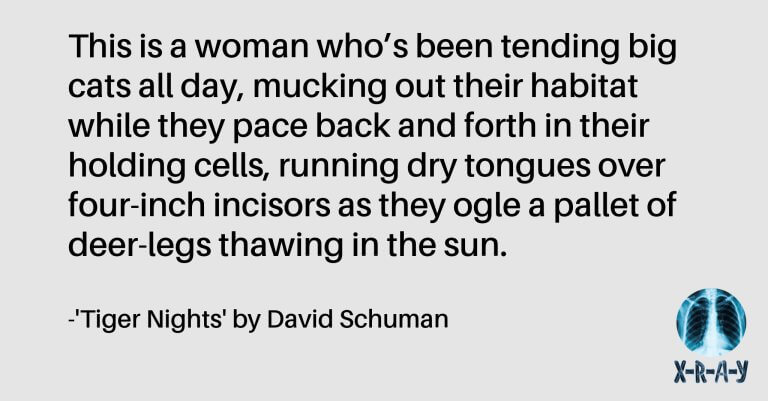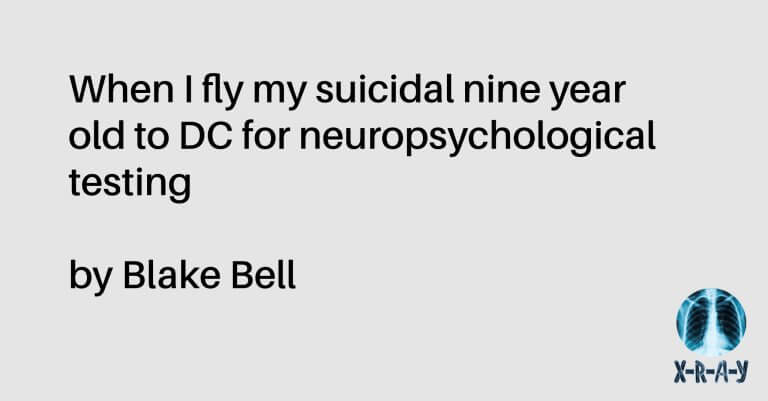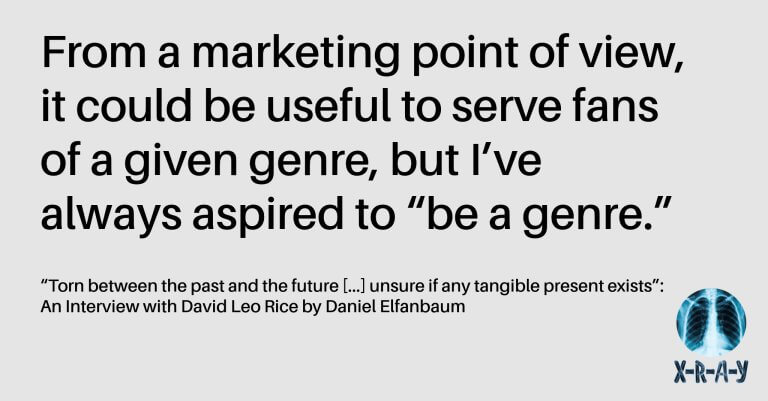
“TORN BETWEEN THE PAST AND THE FUTURE […] UNSURE IF ANY TANGIBLE PRESENT EXISTS”: An Interview with David Leo Rice
The artistic ambition and imagination of David Leo Rice seem to know no bounds. His latest novel, The Berlin Wall (Whiskey Tit, 2024), carries forward investigations and ideas worked out in his earlier books while exploring new landscapes, deeper heresies, and alternate means of storytelling. I’d heard rumblings of this novel’s existence quite a while ago, and was excited to finally get my hands on a presale copy earlier this year: it did not disappoint. David was kind enough to sit down with me for a conversation about the book, its generation, genre, fanaticism, heroism, and various “hatchings” of selves (among many other things).Danny Elfanbaum: The Berlin Wall —an alternate history of 2020 — nevertheless brought up a lot of what I remember from that year and the early days of the pandemic, with resonances about the news, missing- or misinformation, and the memory of a kind of passive, omni-present terror, but I gather that this wasn’t strictly intentional.David Leo Rice: I actually wrote the first draft in 2018, after traveling in Norway. It was written then as a work of near-future speculative fiction about what 2020 might look like, and then just because of the nature of editing and publishing, it ended up coming out in 2024. So it’s become a work of revisionist history instead, which is maybe more fitting because the book itself is so much about revisionist history, driven by people arguing about what did or didn’t happen in the recent past.In terms of how those arguments tell the story, and how that might relate to our real experience of 2020, I wanted YouTube to almost be the narrator, a voice that on the one hand feels neutral — like it will just tell you anything, with no agenda, because it’ll take all comers, a very promiscuous type of narrator, and one that’s not conscious of the meaning of what it’s saying — but also a narrator that you fear does have a hidden agenda, in which all these clips and partial stories are coming together to lead you somewhere. Maybe they’re leading you in an exciting way toward the “truth behind the illusion,” or in a sinister way toward a horrible conclusion that you’ll then be stuck with.Through this lens, I hoped the reader would experience some of the news paranoia that I think everyone experienced during the first Trump years, where you could never be sure if what you’re taking in is converging towards a kernel of what’s actually real, away from nonsense and spin and propaganda, or if it’s all divergent and you’re just going through the wood chipper, spraying your mind across the screen. This is a version of the cosmic question about whether the universe converges if you understand it deeply enough, upon something like God or a singularity, or if true wisdom means overcoming the illusion of convergence and accepting the totality of chaos for what it really is – though what if this acceptance itself is also a kind of convergence? And on and on, maddeningly.I wanted this narrative approach to create the feeling that something horrible was happening offscreen, but so far off that it might not be happening at all, and therefore the horrible thing might be the idea that it’s happening, seeded in your mind by forces seeking to control you. In a series of essays that I wrote at the same time as this book, I called this aspect of the 2010s and 2020s the “Unworkable Equilibrium” — the feeling that we’re always on the edge of total collapse and abject horror, and yet never all the way over that edge (at least not in America and Western Europe), so the fear that we’re on this edge might itself be the root of the problem. Are we pretending things are worse than they are, or denying how bad they’ve become?When you reach the end of your rope with this question, you can admit that you just don’t know — which is in some ways more honorable — or you can latch on to just about any ideology, which can become the root of fanaticism.DE: And there is plenty of fanaticism to contend with in the book! But first I’d like to ask you a little bit about the Wall itself, the “Living Wall,” as its believers call it. Why the Berlin Wall, and what does it mean in this book when characters refer to it as “living” — or in fact literally embody it?DLR: As a central controversy or heresy in this version of 2020, I thought about what if the Berlin Wall had been a living entity and, when it was destroyed in ’89, the pieces wandered off and began to live their own lives on the margins of Europe? What might they be doing in 2020? This is the question that my dubiously omniscient narrator deals with at the start of the book.When I first heard about the Berlin Wall as a kid, I pictured it as an insane medieval monolith that was a thousand feet high — something you would be in awe of if you ever saw it. But that’s not true; the actual Wall was only something like 15 feet high in places. It’s therefore telling that its legend is still so grandiose, because it means that it stood for something beyond itself. How could it supposedly change the whole world when such a small wall was built, or when it fell? I wanted to transpose this disjunct between physical and narrative realities into a science fictional conceit, where an idea becomes a real thing, and then you take it from there.And I wanted this book to be about the present, where all the characters are in a specific moment. The idea was that the year 2020 would be a character in the novel too, asking what it means to be this far beyond the Millennium but still litigating the same things, still fighting between socialism, capitalism, and fascism, and dreaming of the end of history while arguing about whether it’s already come or could ever come. Why doesn’t 2020 feel newer? Is there something in the recent past that still has to be resolved before we can actually move to a new era, or have we reached a kind of temporal wall we can’t see beyond? This has been Germany’s question since the ’40s, right? Is there something in that culture that still has to be resolved, or do they have to admit that they can’t resolve it and find a way to move on anyhow? And if that’s true, are they always going to exist in a haunted state, overcompensating for something they can’t heal from?There’s the actual “Living Wall,” but the book is more about how people would respond if they thought something like that was possible. I like conceits that let you think about real life in a new way, rather than “genre” books that are more about the conceits themselves. I like the way my father put it when he read a draft: he said, “This is a book about people trying to put their lives back together.”DE: The book flirts with various notions of “genre”—sci-fi, horror, video games—but definitely isn’t a “genre” novel. Were you thinking about genre when you were putting it together?DLR: I never think about genre explicitly, and I even try not to think about it as I’m writing, though I’m certainly influenced by it and I let that influence come out however it wants to. I feel like if you’re aiming at a genre, you’re already losing the project — the genre is taking it from you, whereas if you’re trying to make a genre-inflected conceit feel as real as possible, that’s where exciting developments can occur, because you’re swimming against the current.From a marketing point of view, it could be useful to serve fans of a given genre, but I’ve always aspired to “be a genre.” I want people to read my books because they want to read my books, not because they want to read sci-fi or horror per se. When I’m writing, I try to see if I can peer into a nickelodeon or a microscope into a world where these events are what’s actually happened. Rather than trying to make the fantastical aspects seem real, I try to find a realm in my imagination where they already are.DE: “Peering in” feels right, especially in this book. The other novels of yours that I’ve read and that we’ve talked about typically are told or follow a single point of view, but there are a handful of characters we follow throughout The Berlin Wall. What prompted this change?DLR: The goal was to write something more distant from my own experience. There is the geographical distance from where I live in that this book takes place wholly outside America; then there’s the alternate history dimension, which is distant from the things that have actually happened; and then using multiple point of view characters meant that none of them could exactly be me. I felt more like a journalist reporting this story rather than an avatar experiencing it.Still, even though they’re motivated by their own needs, all the characters are dealing with the problem of how to reach terra firma in 2020. They’re all involved with the way that the Berlin Wall exemplifies both of the tendencies we were talking about earlier: On the one hand, the Wall was built as a concrete signal that times had changed — that WWII was over and the Cold War had begun — but on the other hand, a wall is a symbol of stasis. Walls are some of the most static things on earth, both immobile in their own right and designed to arrest the movement of others. So everyone in this book is torn between the past and the future, between racing to move on and fighting to stay put, and unsure if any tangible present exists in between.DE: And while all of what I’ll call the “point of view” characters respond in different ways, there’s one character, György, who responds with a violent, intense fanaticism, joining up with one of the major (horrific) social movements/undercurrents within the world of the novel.DLR: It’s probably strange to say, but György is kind of the moral center. Everyone in the book has to deal with the lack of grounding in the news they consume and the uncertainty they feel in the world around them, but he’s the one who has the greatest crisis about it. He’s the youngest and least established, and thus the one who, in theory, has the greatest stake in the future, though he can’t find any means of embracing this fact. He can’t deal with the condition of 2020 except by falling into fanaticism, white nationalism, and so on. Which of course doesn’t help him deal with it, but it does provide the illusion of unshakeable grounding in a mythic past that will become a mythic future after enough violence is unleashed upon the zombie present.As a corollary to his conundrum, I wanted the style and structure of the book to create this frustrated yearning for something definitely true in the reader. Almost to draw out the reader’s latent fascism, a desire to force a definite meaning onto the events that are occurring, no matter how much violence that requires. So the question becomes what’s good and what’s bad about this yearning?There’s something natural about wanting to know what’s real and where you stand, and wanting to stand for something that endures throughout time and context, whether that’s honor or community or your word or faith, just as there’s something natural about wanting to understand the book you’re reading, and trusting that all the pieces will fit together in a satisfying way. These things aren’t intrinsically bad, but I wanted to ask, How do they turn bad? Why, in the 2020s, do we fear these desires in ourselves and others?It’s something about the nature of this polarized time period, wherein one facet of society says that to want these certainties at all is evil and you should just be comfortable with pure relativism and fungibility and an infinitude of non-convergent opinions, while the other facet of society that continues to want these things starts to pursue them in a way that is evil. As in any polarized moment, each side eggs the other on to a more extreme and eventually more grotesque version of itself, until no one can act in their own best interest, let alone that of the larger society.And therefore the final question is if there is something in between, a third option whereby you could rehabilitate ideas of the definitely real and the transcendent, something larger than ourselves, and be honest about the fact that this is a legitimate human craving, maybe even a human necessity, while also saying that not every way of trying to reach this is acceptable.DE: For many of the other major characters — here I’m thinking specifically about the Chancellor and Anika, the academic who becomes a kind of propagandist for the status quo — part of the response seems to be a constant donning and shedding of selves, as if identity — ontological or otherwise — is almost a non sequitur.DLR: Maybe one of the central questions in everything I’ve done is to ask what it means to act now, in the world, today. The world that, as a writer, I’m trying to participate in too. For me, it’s too easy to just say, “Well, I can write” as my way of participating. I don’t want to only write about writers, so I’m trying to think about other, more direct forms of participation, even if I can only enact them from a remove.Thinking about characters who are trying to act in the world as it appears today unifies questions about character and about place, and the ontological instability of both. It’s the question of, What world? Where are you mounting your attack from, what are you defending, what are you trying to conquer? Or is that way of thinking about the world just hopelessly antiquated?This relates to my understanding of mysticism, in which individuals try to access eternity not by looking away from the specific times they live in, but by looking through them, hoping to catch a glimpse of Time itself within the messy present tense that happens to bound their lives. In terms of selfhood, the question becomes, How do you come into your own, or how do you find out who you really are, given that part of you is specific and temporal, and (you hope) another part is universal and eternal? And this is related to the question of heroism: What journey do you go on such that your disparate or latent selves get unified or hatched? Many of my characters yearn to become heroes, at least in their own eyes — as all mystics do, and as I do by completing the lifelong writing project that I’ve embarked upon — but they also doubt that heroism is possible and fear that it’s a childish yearning they need to overcome. Perhaps overcoming this yearning is the route to heroism.DE: And depending on which iteration of self the characters in the novel are in, the answers to these questions change dramatically. What was interesting though was that these iterations are not progressive, in the sense that the identity that comes next might not be as good, or as useful, or as stable as the identity that had been assumed before.DLR: Absolutely. Once you start asking the book, or the universe, to “swap you out,” all bets are off. You have to view change as a good, or a necessity, unto itself. You can’t hope for what the prior identity would have viewed as an improvement. I’m drawn to characters who reach the point of total necessity, where it’s not a matter of hoping for a good change, but rather a matter of needing any change at all in order to go on living. I made an animation in college that ends with a title card reading, “Then we reached the point where we could go no further as ourselves,” and I’ve kept that sentiment as a kind of mission statement ever since.There’s a lot of hatching imagery in The Berlin Wall, which goes back to Dodge City 2, where there was the question of how do you really get born? In that book, people are always being born but then aborted, or aborted but then born, and there’s an underlying question about whether you’re ever born for real, or if you’re always living in an on-deck situation where you’re waiting to be made real by forces you can’t call upon. How do you actually get deployed? This is a strange thought, but sometimes I feel that my characters aren’t really the characters they seem to be, like they’re waiting for the actual characters they’re supposed to play to get called onto the field of action, which the book may or may not allow to happen. In the meantime, as you say, there’s a constant donning and shedding of selves.So the question then is if not through violence — which would be the traditional meaning of the word “deployed” — then how? It can’t be just sifting through endless screens and feeling like you’re acting in the world from this peripheral, meta position. And so if it’s not that, and also not the fanatical response of killing a bunch of people on the orders of some figurehead, then what other way is there? Everyone in The Berlin Wall grapples with this question.We’ve talked before about the idea of a post-postmodernism, where postmodernism mocked the idea of heroism, because when everyone in the modernist era tried to be heroes they ended up destroying themselves. So the postmoderns sort of sat back and patted themselves on the back, showing why it was ridiculous to yearn for this kind of direct, unironic relation to reality.But irony was its own dead end. Maybe it’s a curse and a blessing, but I think there’s something good about the fact that we were born after this work in the ’60s, ’70s, and ’80s was already done. We don’t have to reveal what was ridiculous and dangerous about modernism anymore. Therefore the burden of writers today is the question of what else can we do, or what does a new kind of heroism look like that is not just a return to the ideas of T.S. Eliot and Ezra Pound and such, which led to fascism, nor a debunking of those ideas? Speaking again of a third option, how can we accept the work that those generations did and evolve the conversation forward again?DE: And how might you come to any kind of conclusion when there’s no real stable ground or reality upon which to build up some kind of edifice, or a metaphysics of heroism?DLR: Part of what the post-postmodern means to me is that the grounding no longer matters. It’s no longer salient whether you can prove that everything is a simulation or prove that supernatural phenomena are genuinely occurring. Some characters in The Berlin Wall claim they’re acting within a gigantic video game, but I wanted the world of the book to function in a way that makes this claim irrelevant – it doesn’t matter whether it’s true. I think we’ve moved past the point where it feels productive to do something like point out in a novel that “this isn’t really a character, it’s just words on a page,” the same way the claim that “Twitter isn’t real life” is kind of moot as well. It may be true, but if Twitter functions like real life for enough people, then something about its reality has to be recognized. The 2020s feels like a time where disparate worlds have bled together into a mishmash, and the work of separating them back out is a recipe for madness.So when it came to this book, speaking of continuity of character, I didn’t want that to be an easy out. A character might say, “Oh, I’m just a part of some propaganda machine,” or “All of this is a simulation,” or “I’m not my real self yet,” but the operative theme is not whether any of that is true. It’s “You still have to live and act in the world, so what do you do?”To take an example from the slew of movies that came out right before the Millennium, which I’ll group under the heading of “The Matrix,” The Berlin Wall is considering something like, What if inside The Truman Show and outside the show are the same? There’s the “real world,” and there’s the “fake world,” but all those worlds have leaked into each other. It’s no longer cathartic to picture Jim Carrey going through a door between them.So how do people respond? Extreme neofascism is one way, and extreme neoliberalism is another, but what if you could just enjoy this fact as it is rather than trying to solve for what is true or suffer from being unable to? Maybe heroism for my characters comes from finding a way to play within the perverted realms they’re stuck in, rather than escaping or redeeming them. It’s not a means of finding stable ground, but rather of surfing the instability.DE: And the book itself, structurally, sort of refuses to try and solve for it. I laughed out loud when I realized that you’d stuck a 50-page epilogue on there. If that’s not taking pleasure in a kind of indeterminacy…DLR: Yeah, definitely! I wanted it to be so that you could read the book without the epilogue — the book really does end. And I was trying to have the most grandiose, lyrical, operatic moment be the end of that last main part. Then the epilogue is a return to a kind of banal reality, and I think that’s a large part of what the book is going for — this question of how do we normalize the most extreme events? What does it mean that everyone survived the apocalypse that the book seems to point to, and survived it so easily that many won’t believe it even occurred?If you think of this book as an outsider’s testament to contemporary Europe, and you think about the continuity of people and place that the epilogue lays out, that to me is the fundamental uncanniness and uneasiness about Europe: how could it have proven to be so resilient? How could WWII and the Holocaust, the worst thing that’s ever happened — at least as we’re taught it — have happened there, and happened recently, in living memory, and yet Europe has still turned into the most normal place in the world?It makes you think either that the things that happened there weren’t so bad, or today’s Europe is not as normal as it appears. And neither of those options are very comfortable to consider, right?
Read More » 

